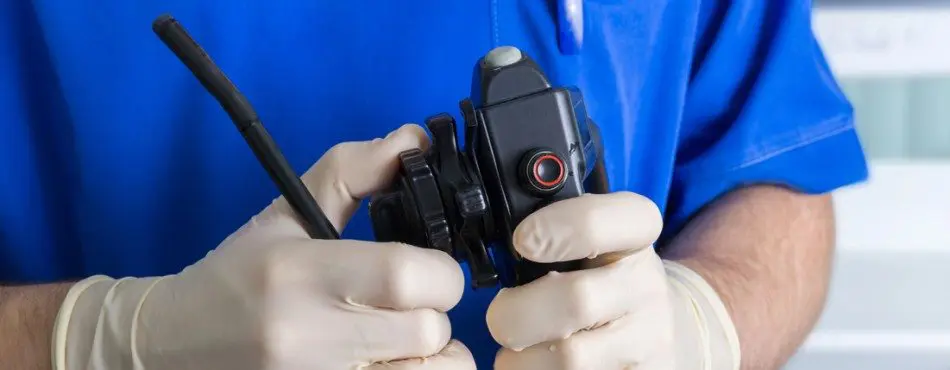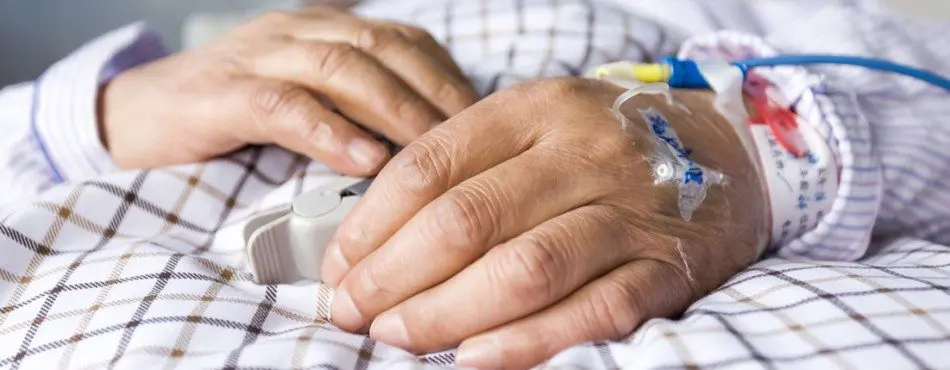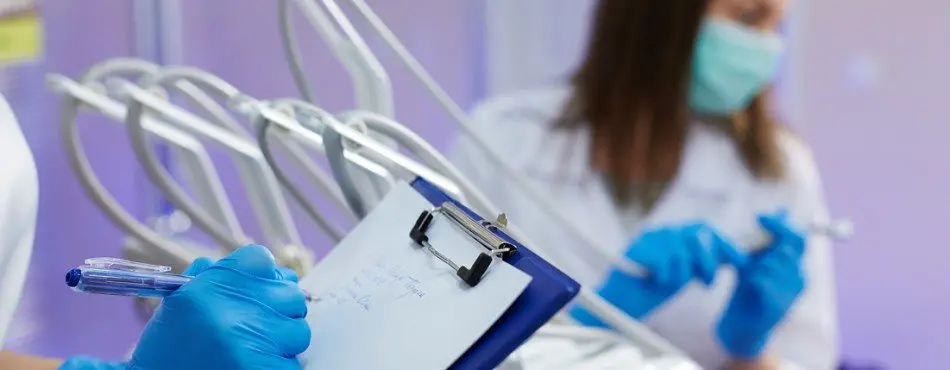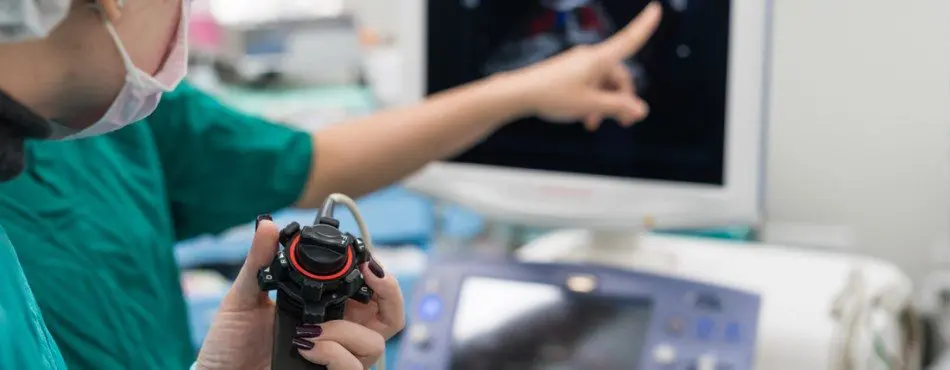- Paracentesis Instructions
- Fibroscan Information
- Anorectal Manometry
- Bravo Information
- Breath Testing for H. Pylori
- Esophageal Manometry Study
- Liver Biopsy
- Liver Biopsy Instructions
- Agile Patency Capsule Consent
- Agile Patency Capsule Instructions
- Agile Patency Capsule Record
- Endoscopic Ultrasound Instructions
- Patency Capsule Instructions
- Hydrogen Breath Test
The board-certified physicians at Cedar Valley Gastroenterology have in-depth, specialized training in diagnosing and treating of diseases of the digestive system, which includes the esophagus, stomach, colon/large intestine, pancreas, gallbladder, and liver. Our physicians’ experience and their commitment to patient-focused care helps create a comfortable, collaborative partnership to provide peace of mind for you and your loved ones.











